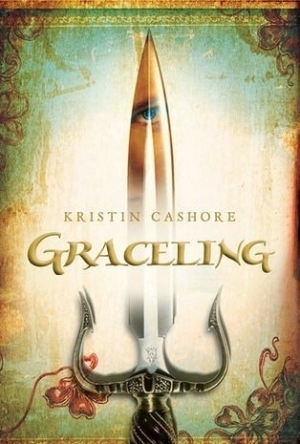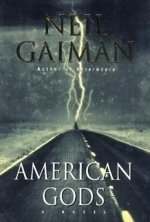Lyndsey Gollogly (2893 KP) rated Graceling in Books
Sep 28, 2022
Book
Graceling ( Graceling Realm book 1)
Kristin Cashore
⭐️⭐️⭐️⭐️
Katsa has been able to kill a man with her bare hands since she was eight--she's a Graceling, one of the rare people in her land born with an extreme skill. As niece of the king, she should be able to live a life of privilege, but Graced as she is with killing, she is forced to work as the king's thug.
When she first meets Prince Po, Graced with combat skills, Katsa has no hint of how her life is about to change. She never expects to become Po's friend. She never expects to learn a new truth about her own Grace--or about a terrible secret that lies hidden far away . . . a secret that could destroy all seven kingdoms with words alone.
With elegant, evocative prose and a cast of unforgettable characters, debut author Kristin Cashore creates a mesmerizing world, a death-defying adventure, and a heart-racing romance that will consume you, hold you captive, and leave you wanting more.
I really enjoyed this book. It was one of those that when I wasn’t reading I was thinking about. If I had one thing that put me off a bit is that some bots are really long drawn out. Even still I really liked it. Katsa is a strong female character and I’m glad she sticks to her guns. Looking forward to book 2!
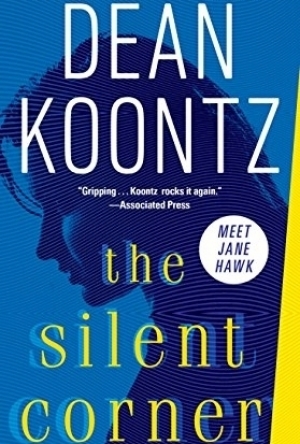
The Silent Corner: A Novel of Suspense (Jane Hawk)
Book
THE FIRST NOVEL IN THE NEW YORK TIMES BESTSELLING JANE HAWK SERIES Meet Jane Hawk—a remarkable...
suspense mystery thriller jane hawk
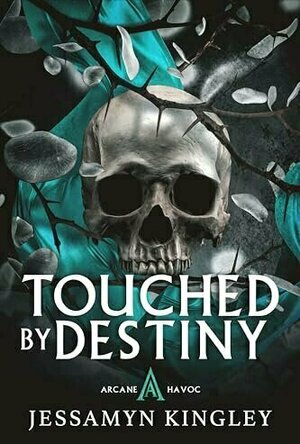
Touched by Destiny (Arcane Havoc #1)
Book
Gabriel Wolfebrier believes his honor is forever tarnished. For the first fifteen years of his...
MM Paranormal Romance Fated Mates
Sous Les Ordres de Rommel: Des Deserts D'Afrique Du Nord Aux Plages de Normandie
Hans Holler and Markus Reisner
Book
In this extraordinary autobiography by Hans Holler, an Austrian born in 1921 near Wiener Neustadt,...
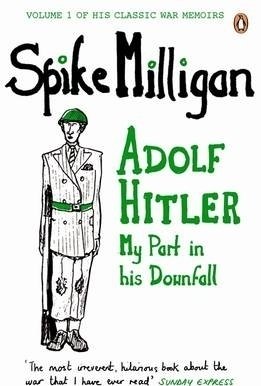
Adolf Hitler: My Part in His Downfall
Book
Adolf Hitler: My Part on His Downfall is volume One of Spike Milligan's outrageous, hilarious,...
Rachel King (13 KP) rated American Gods in Books
Feb 11, 2019
While the names of classical mythology fit into the category of the Old Gods, there are New Gods that have taken root in America, born from cultural obsessions that have evolved and devolved over the years, such as railroads - a man dressed as a railroad conductor, television - a voice talking through Lucille Ball on a rerun of I Love Lucy, vehicles - stocky men that seemed to resemble vehicles themselves, and internet - a short, nerdy, nervous kid, among other American fixations and stereotypes.
In addition, one of the scenic devices used throughout the plot is what Gaiman's characters describe as places of power - side-of-the-road dives that road-trippers visit for no apparent reason, such as a place boasting the largest doll collection in America or the biggest wheel of cheese. And no, Disneyworld is not one of them.
One of the things I found interesting about this Gaiman-born world is that the Old Gods only exist in the New World when regular people travel from other countries and bring their memories and practices with them, even when they don't intend to stay themselves. The gods are "born" from these average people, and even though they can be killed by others, they don't die otherwise, but instead alternately starve or thrive based on the behavior of the people who live and die in the New World. They all have counterpart manifestations of themselves in the countries they are pulled from, but one's existence does not affect the other - though they do seem to be aware of each other.
All of this is merely the background of the main plot, which centers around the activities and travels of a seemingly mortal man with a single name, Shadow. I never did "get" the one-name thing, but whatever. Through Shadow's narration, the reader learns of an impending storm - a battle between the Old Gods and New Gods, the former fighting for survival and the latter fighting for dominance. Shadow works for a mysterious "Mr. Wednesday" and is randomly haunted by his dead wife, Laura, but otherwise seems to have little drive of his own for most of the book. In fitting irony, he has his own brand of "magic" - an obsession for coin tricks to pass the time from his days spent in prison - which I could never really follow the descriptions of.
To be completely honest, I truly did enjoy this book, though I am struggling to say exactly why. Perhaps I was fascinated by the "shadowy" way that Gaiman told the story, or how he developed this over-the-hill world of gods and goddesses that better resembled America's middle and poor classes' struggles for survival, money, and influence. Some of the personal touches that Shadow's character added to the plot made him at times surprisingly endearing. In addition, the way that Shadow seemed to address the reader at the very end of the book was so satisfying that I laughed out loud and had to read it again several times. Something about that just brought the book to life for me and help me to fully appreciate the versatile style of Gaiman. This is one of those books you don't have to fully understand to fully appreciate.
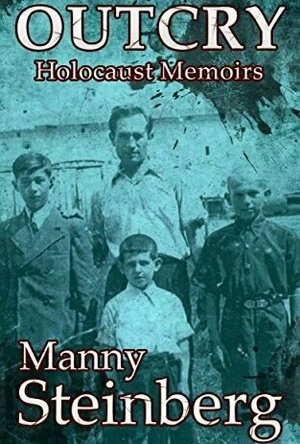
Outcry: Holocaust Memoirs
Book
Manny Steinberg (1925-2015) spent his teens in Nazi concentration camps in Germany, miraculously...
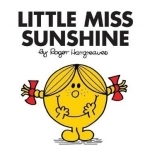
Little Miss Sunshine
Book
No one could be happier than Little Miss Sunshine but can she change the way things are done in...
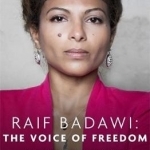
Raif Badawi: The Voice of Freedom: My Husband, Our Story
Ensaf Haidar and Andrea C. Hoffmann
Book
The whole world knows the face of the young man with the bright black eyes. He is in the process of...
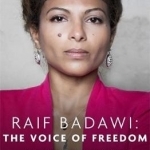
Raif Badawi: The Voice of Freedom: My Husband, Our Story
Book
The whole world knows the face of the young man with the bright black eyes. He is in the process of...
